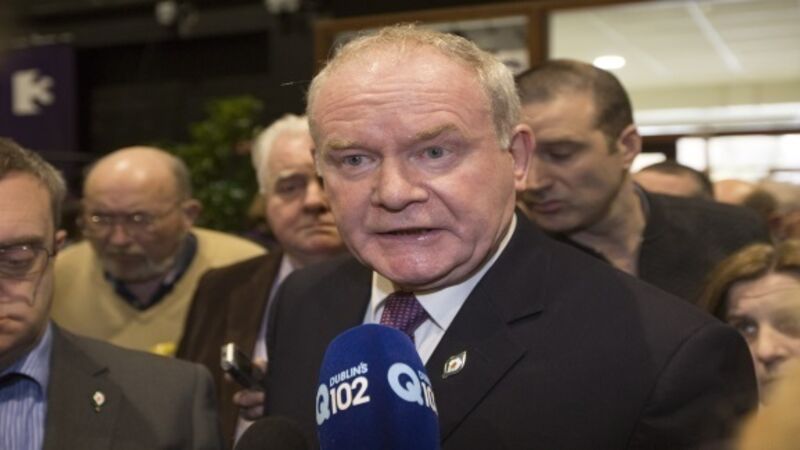Brexit - Martin McGuinness: North will feel fallout

The Sinn Féin member said Brexit was driven by the internal politics of the Britain’s Conservative party.
British prime minister, Theresa May, has said her government will begin exit negotiations next year.













